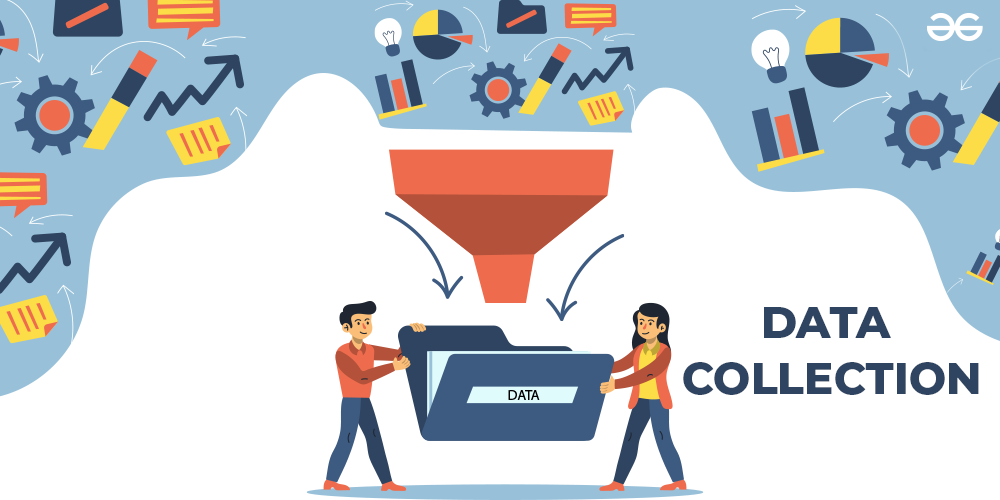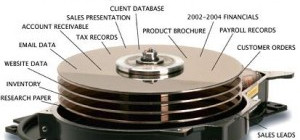 Data ethics is a new branch of ethics that studies moral problems related to data, algorithms, and corresponding practices. It encompasses the generation, recording, curation, processing, dissemination, sharing, and use of data. Responsible innovation and programming are among the corresponding practices. Data ethics aims to establish principles and guidelines for ensuring ethical data practices and mitigating potential harms.
Data ethics is a new branch of ethics that studies moral problems related to data, algorithms, and corresponding practices. It encompasses the generation, recording, curation, processing, dissemination, sharing, and use of data. Responsible innovation and programming are among the corresponding practices. Data ethics aims to establish principles and guidelines for ensuring ethical data practices and mitigating potential harms.
Challenges in the Age of COVID-19 and Remote Work
The COVID-19 outbreak has led to a more heterogeneous privacy landscape that challenges the global data economy. The pandemic highlights both the ramifications and benefits of sharing sensitive data between different companies, raising questions about how best to use personal data. Remote work has led to significant security gaps, with a spike in cyberattacks when at-home employees stopped following best practices to protect company data. Tech giants like Google and Apple have taken the lead in adopting changes to their ad-tracking technology and policy to help protect individual and company data from being hacked.
Privacy, Trust, and Security
Privacy, trust, and security are interconnected in data collection. Over 50% of customers don’t know how their data is being used. Ethical considerations include obtaining informed consent, secure storage, and permissions for use/sharing. Decision-makers must consider ethics even without a regulatory framework. The procedure for ethical data collection involves answering questions about procurement, techniques, consent, control, and transparency/auditability.
Top three ethics in data collection include consent based on information, maintaining anonymity/confidentiality, and clear communication on data sharing. Reasons to follow ethics in data collection are protecting personal data, the right to transparency, and the right to privacy. Data ethics is necessary for decision-making and global change, and regulatory authorities must stay abreast of developing technologies.
Consumer Data Protection and Regulations
Consumer data is highly sought after by cyber attackers and is a major factor in data breaches. Current domestic laws and regulations are not enough to protect consumer data. Businesses are using new technologies to collect data for purposes that may not align with patients’ expectations or consent. The General Data Protection Regulation (GDPR) in Europe offers a higher level of protection for personal data than current US laws and regulations.
Domestic laws like the Consumer Data Protection Act (CDPA) and the California Consumer Privacy Act (CCPA) have threshold requirements and carve-outs that limit their effectiveness. Misuse or unintended use of data should be the exception, not the rule. Companies should not financially benefit from consumer data without their knowledge, consent, and/or compensation. Laws like the GDPR empower consumers to have control over their data through the ethical principles of consent, transparency, and accountability. Empowering consumers to feel confident in spending their money and providing a secure framework for businesses to operate without taking advantage of consumer privacy is good for businesses.
IoT Devices and Privacy Concerns
Consumers trade privacy for convenience with IoT devices. Organizations must consider the ethics of their data collection and use. Continuous surveillance through IoT devices raises ethical concerns about privacy and transparency. Consumers often unknowingly give vendors the ability to monitor, collect, and share their personal data through purchase agreements.
Privacy and security must be considered together in IoT device development and use. The growing number of IoT devices should prompt a central focus on ethics in device manufacturing and use. Personal privacy is eroded once data is transmitted through IoT devices connected to the internet.
In conclusion, it is crucial to address the ethical implications of data collection, especially in the age of IoT devices. Companies, decision-makers, and regulatory authorities must work together to ensure that consumers’ rights to privacy, transparency, and control over their personal data are upheld.







